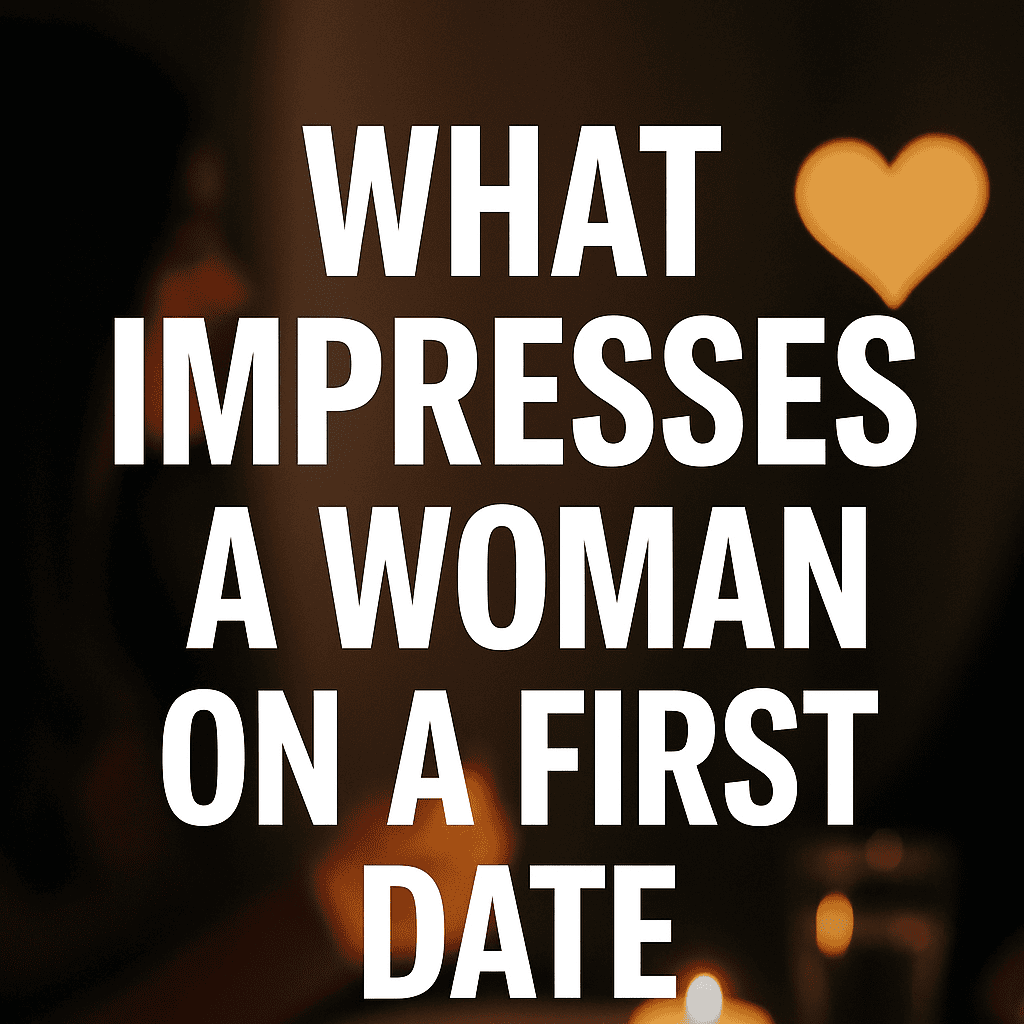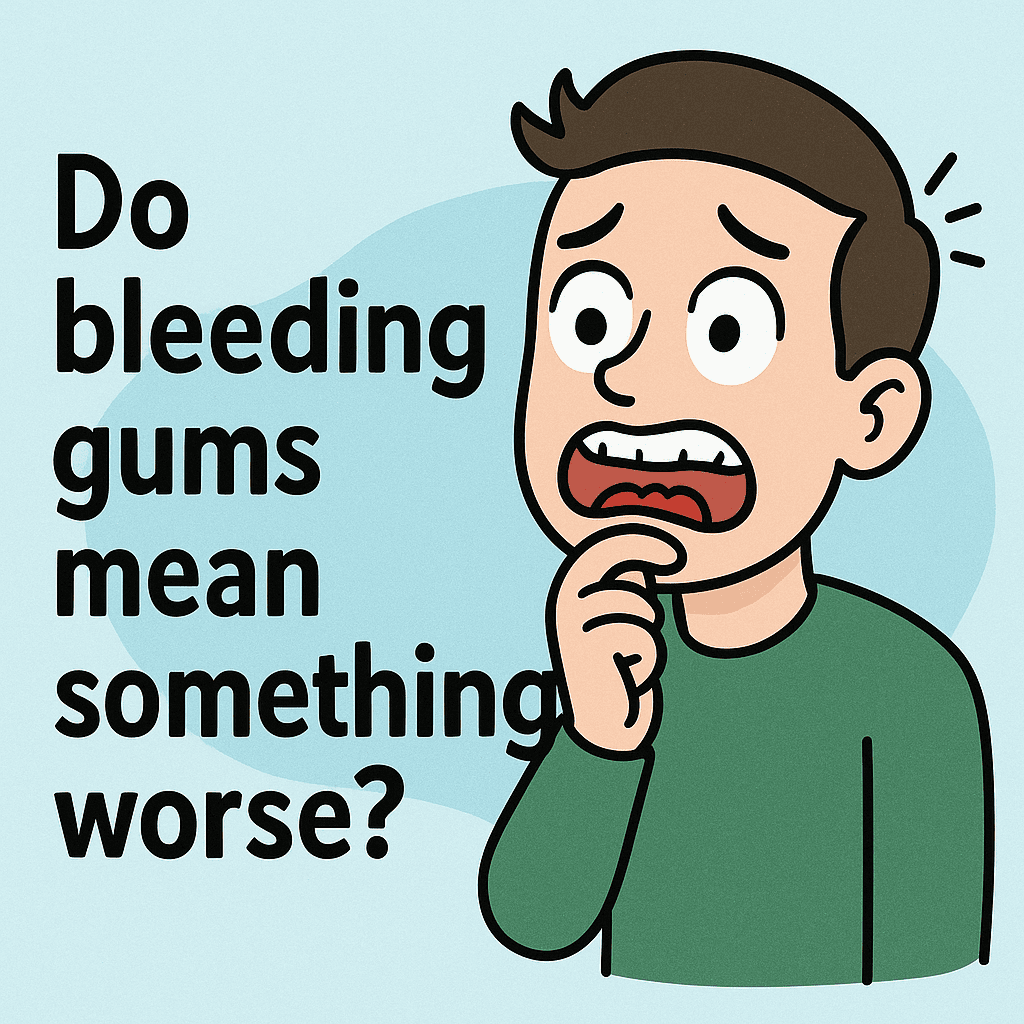We are a professional review company that receives compensation from companies whose products we review. We test each product thoroughly and give high marks only to the ones that are the very best. We are independently owned, and the opinions expressed here are our own.
In today’s digital age, where options seem endless, and choices are abundant, a new phenomenon has emerged in the world of dating and relationships – FOMO, or the Fear of Missing Out.
While FOMO is often associated with social events and activities, it has found its way into romance, leaving individuals grappling with its effects.
Let’s explore the impact of FOMO in dating and relationships and how to navigate its challenges.
Understanding FOMO in Dating and Relationships
What is FOMO?
FOMO, or Fear of Missing Out, is a psychological phenomenon characterized by the anxiety or fear that others are having more fulfilling experiences, relationships, or opportunities than you are. It’s that nagging feeling that there might be someone better out there, causing doubt and restlessness.
FOMO in Dating and Relationships
In the context of dating and relationships, FOMO can manifest as a pervasive sense that there’s always someone more attractive, more interesting, or more compatible just a swipe away.
It can lead to uncertainty, second-guessing, and a lack of commitment in romantic connections.
Signs of FOMO in Dating and Relationships
Recognizing the Signs of FOMO
FOMO, or Fear of Missing Out, has infiltrated the dating and relationship landscape, leaving many individuals grappling with its effects. It’s essential to recognize the signs of FOMO in romantic contexts as they can significantly impact our connections.

Constant Comparison
One of the telltale signs of FOMO in dating and relationships is constant comparison.
Individuals who experience this phenomenon often find themselves comparing their current partner or potential partners to others they encounter, be it in real life or on dating apps. It’s that nagging thought that there might be someone more attractive, more interesting, or more compatible just a few clicks away.
This incessant comparison can lead to doubt and restlessness in a current relationship.
For example, Sarah is in a committed relationship with Mark, but she can’t help but compare him to the people she sees on dating apps. She finds herself wondering if she’s missing out on someone more exciting or better suited for her.

Short-Lived Commitment
FOMO can result in short-lived or non-committal relationships. Individuals who fear missing out on better opportunities may hesitate to fully invest in their current partnership.
They might avoid defining the relationship or shy away from labels, always keeping one foot out the door in case someone more appealing comes along.
This lack of commitment can create insecurity and instability in relationships.
Take John, for instance. He’s been dating Emily for several months, but he’s hesitant to make their relationship official. He worries that committing to Emily might mean missing out on someone else who could be a better match for him.

Digital Distrust
In the age of social media, FOMO has taken on a digital dimension.
Those affected by FOMO in relationships may engage in excessive social media stalking or monitor their partner’s online activities obsessively. They do so because they fear missing out on potential interactions or connections their partner might have with others online.
This behavior can erode trust and create unnecessary tension.
Consider Rachel, who constantly checks her partner David’s social media profiles to see if he’s interacting with other people. She worries that she might miss signs of his interest in someone else and wants to stay informed.

Understanding these signs of FOMO in dating and relationships is crucial for individuals to address and navigate the challenges it presents in their romantic lives. By recognizing these behaviors and their impact, individuals can take steps to foster healthier, more secure, and more satisfying connections based on trust and authenticity rather than the fear of missing out.
How to Navigate FOMO in Dating and Relationships
- Reflect on Your Priorities: Take time to reflect on what truly matters to you in a relationship. Define your values, goals, and what you’re looking for in a partner. Example: “I value loyalty and trust in a relationship, so I need to focus on that rather than constantly searching for someone ‘better.’”
- Limit Social Media Comparisons: Recognize that social media often portrays an idealized version of reality. Limit the time you spend comparing your relationship to what you see online. Example: “I’ve decided to take breaks from social media to stop the constant comparisons.” My article about Social Media and Dating shares some helpful strategies for you.
- Communicate Openly: If you’re feeling the effects of FOMO, communicate openly with your partner. Discuss your concerns, fears, and desires to ensure you’re on the same page. Example: “I talked to my partner about my worries, and it helped us understand each other better.” For more tips and examples, read my article How to Create a Connection next.
- Practice Gratitude: Focus on appreciating the positives in your current relationship rather than fixating on what might be missing. Example: “I remind myself of the wonderful moments we’ve shared and the reasons I fell in love with my partner.”
- Seek Professional Help: If FOMO is significantly affecting your relationships and mental well-being, consider seeking guidance from a therapist or counselor. Example: “I decided to speak with a therapist to help me manage my FOMO-related anxiety.”
Conclusion
FOMO in dating and relationships is a real challenge in our modern, hyperconnected world.
However, by understanding its impact, recognizing the signs, and implementing strategies to navigate it, individuals can foster healthier, more fulfilling romantic connections that are based on authenticity and genuine connection rather than the fear of missing out.
If you want more words and phrases that is used within dating, check out our dating glossary that shares at least 32 essential phrases every dater must know.
To your success,



What do you think about the article you've just read? Please tell me below.